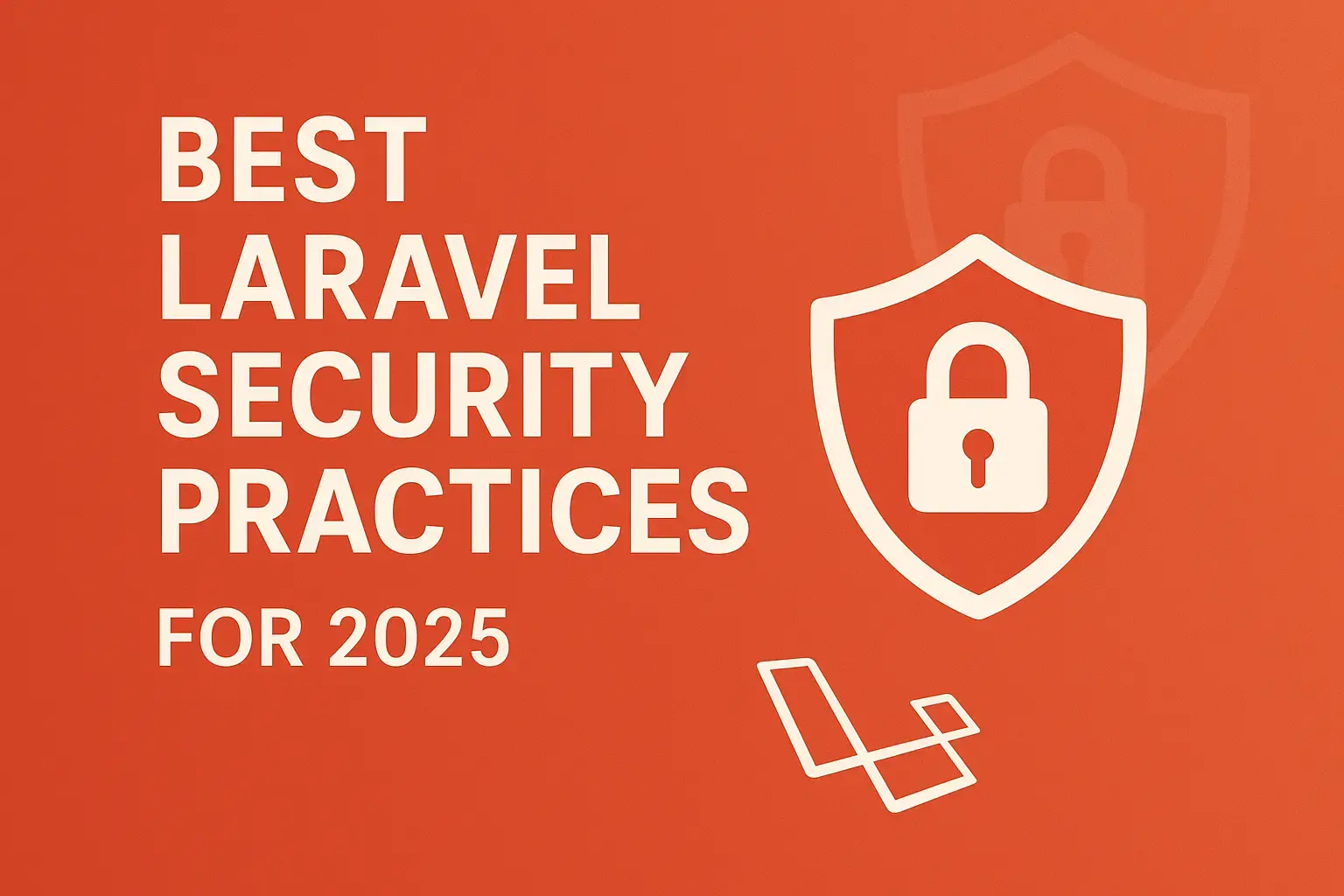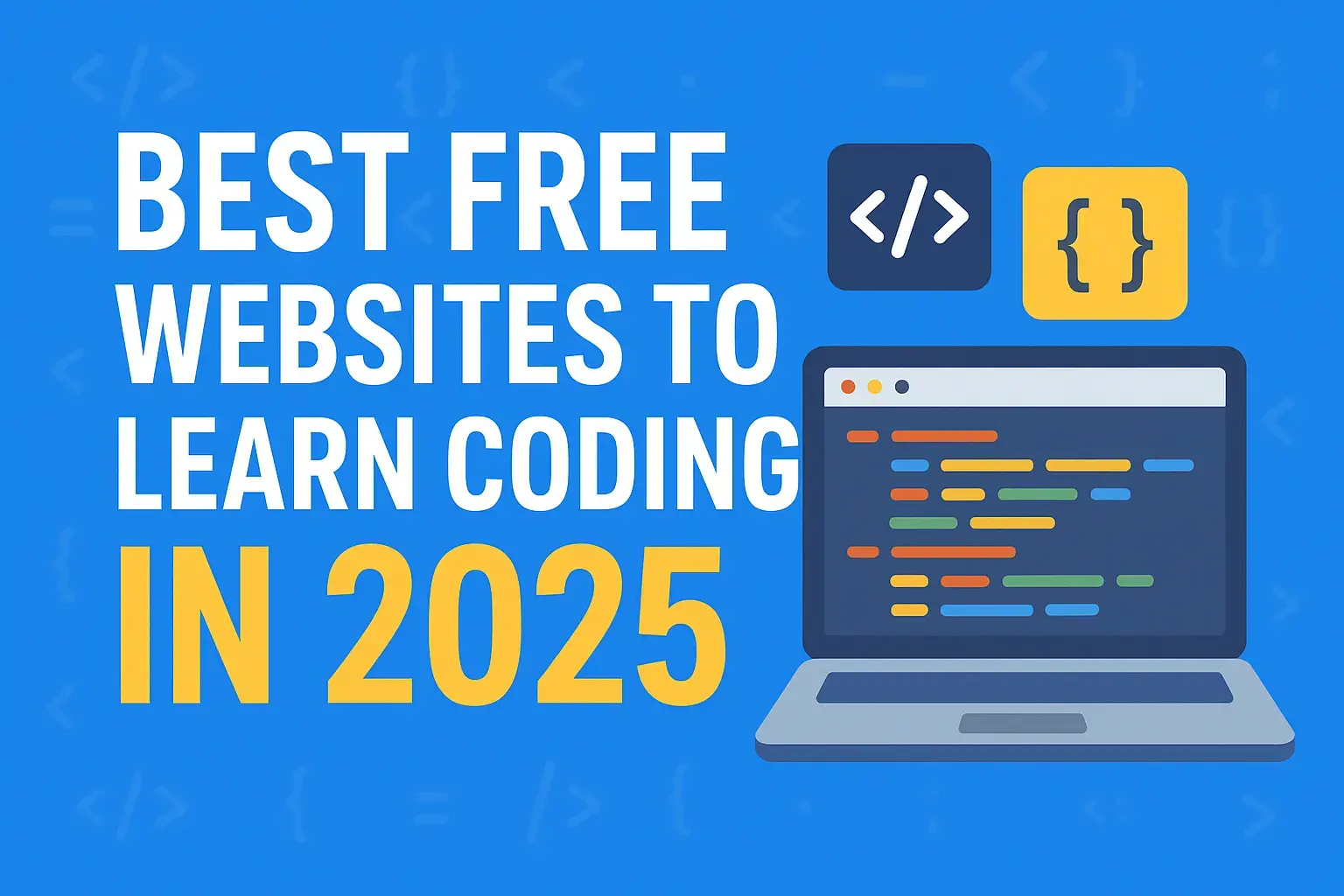Discover the top 10 beginner-friendly programming languages for 2025, like Python & JavaScript. Learn why they matter, their uses, & how to start coding.
In the fast-paced world of technology, learning to code is one of the most valuable skills you can acquire. Whether you're a complete beginner or looking to expand your skill set, choosing the right programming language can set you up for success. In 2025, certain languages stand out for their simplicity, versatility, and demand in the job market. This guide explores the top 10 beginner-friendly programming languages to learn in 2025, why they matter, and how you can get started.
Why Learn Python? Python is often dubbed the "beginner's best friend" due to its clean, readable syntax that resembles plain English. Its versatility makes it a top choice for web development, data science, artificial intelligence (AI), and automation. In 2025, Python remains a leader in the coding world, powering platforms like Instagram and Spotify.
Applications: Web development (Django, Flask), data analysis (Pandas, NumPy), machine learning (TensorFlow, PyTorch), and automation scripts.
Why It's Beginner-Friendly: Simple syntax, extensive libraries, and a supportive community with abundant tutorials make Python ideal for newcomers.
Get Started: Download Python from python.org and try writing a simple script like print("Hello, World!").
Why Learn JavaScript? JavaScript is the backbone of web development, enabling interactive and dynamic websites. In 2025, it remains essential for front-end (React, Vue) and back-end (Node.js) development, making it a must-learn for aspiring web developers.
Applications: Web development, mobile apps (React Native), server-side development, and progressive web apps.
Why It's Beginner-Friendly: Immediate visual feedback in browsers and a massive ecosystem of frameworks make learning engaging.
Get Started: Install Node.js from nodejs.org and create a file hello.js with console.log("Hello, World!").
Why Learn Java? Java's "write once, run anywhere" philosophy makes it a staple in enterprise applications and Android development. Despite its age, Java remains in demand in 2025 for its stability and scalability.
Applications: Android apps, enterprise systems, big data (Hadoop), and web applications.
Why It's Beginner-Friendly: Structured syntax and extensive documentation help beginners grasp object-oriented programming.
Get Started: Download the Java Development Kit (JDK) from oracle.com and write a simple HelloWorld.java program.
Why Learn C#? C# is Microsoft's powerhouse for Windows applications and game development with Unity. Its versatility extends to cross-platform development with .NET Core in 2025.
Applications: Game development (Unity), Windows apps, enterprise software, and cloud services.
Why It's Beginner-Friendly: Familiar syntax for those learning Java or C++ and strong integration with Visual Studio.
Get Started: Install the .NET SDK from dotnet.microsoft.com and try a simple Console.WriteLine("Hello, World!") program.
Why Learn Swift? Swift is Apple's go-to language for iOS and macOS app development. With the growing Apple ecosystem, Swift is a lucrative skill for mobile developers in 2025.
Applications: iOS, macOS, watchOS, and tvOS app development.
Why It's Beginner-Friendly: Clean syntax and Swift Playgrounds make learning interactive and fun.
Get Started: Download Xcode from the Mac App Store and try print("Hello, World!") in a Swift playground.
Why Learn Kotlin? Kotlin is Google's preferred language for Android development, offering modern features and concise syntax over Java. It's gaining traction in 2025 for mobile and server-side applications.
Applications: Android apps, web development, and server-side applications.
Why It's Beginner-Friendly: Interoperable with Java and supported by Android Studio's intuitive tools.
Get Started: Install the Kotlin compiler from kotlinlang.org and write println("Hello, World!").
Why Learn Go? Go, developed by Google, is known for its simplicity and performance in cloud computing and microservices. Its popularity is rising in 2025 for scalable systems.
Applications: Cloud services, web servers, DevOps tools (Kubernetes, Docker), and distributed systems.
Why It's Beginner-Friendly: Minimal syntax and fast compilation make it approachable.
Get Started: Download Go from golang.org and run fmt.Println("Hello, World!") in a hello.go file.
Why Learn TypeScript? TypeScript enhances JavaScript with static typing, reducing errors in large-scale web applications. It's widely adopted in 2025 for enterprise projects.
Applications: Web development (React, Angular), large-scale applications, and back-end with Node.js.
Why It's Beginner-Friendly: Builds on JavaScript knowledge with added structure for better learning.
Get Started: Install TypeScript via npm (npm install -g typescript) and compile console.log("Hello, World!") in a hello.ts file.
Why Learn Ruby? Ruby's elegant syntax and the Ruby on Rails framework make it a favorite for rapid web development. In 2025, it powers platforms like Airbnb and GitHub.
Applications: Web development (Ruby on Rails), startups, and prototyping.
Why It's Beginner-Friendly: Readable syntax and a supportive community make it welcoming.
Get Started: Install Ruby from ruby-lang.org and try puts "Hello, World!".
Why Learn SQL? SQL is the cornerstone of database management, essential for handling data in nearly every application. In 2025, data-driven industries rely heavily on SQL skills.
Applications: Database management, data analysis, web applications, and business intelligence.
Why It's Beginner-Friendly: Straightforward syntax and immediate data manipulation results.
Get Started: Use a free tool like MySQL or PostgreSQL and practice queries like SELECT * FROM table_name;.
Choosing the right programming language depends on your goals, whether it's web development, mobile apps, data science, or cloud computing. For beginners, Python and JavaScript stand out for their versatility and ease of learning, while languages like Swift and Kotlin are ideal for mobile development. Start with one language, build small projects, and gradually explore others. The key is to stay curious and consistent. With these top 10 programming languages, you're well-equipped to thrive in the tech world of 2025.
Next Steps: Pick a language that aligns with your interests, join online communities like GitHub or Stack Overflow, and start coding small projects. Platforms like Codecademy, freeCodeCamp, and Coursera offer beginner-friendly courses to guide you.

04 Sep, 2025

10 Aug, 2025